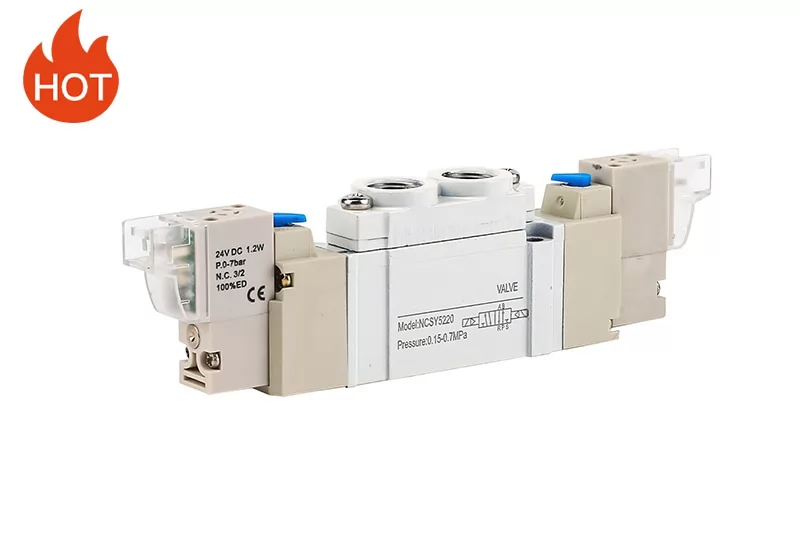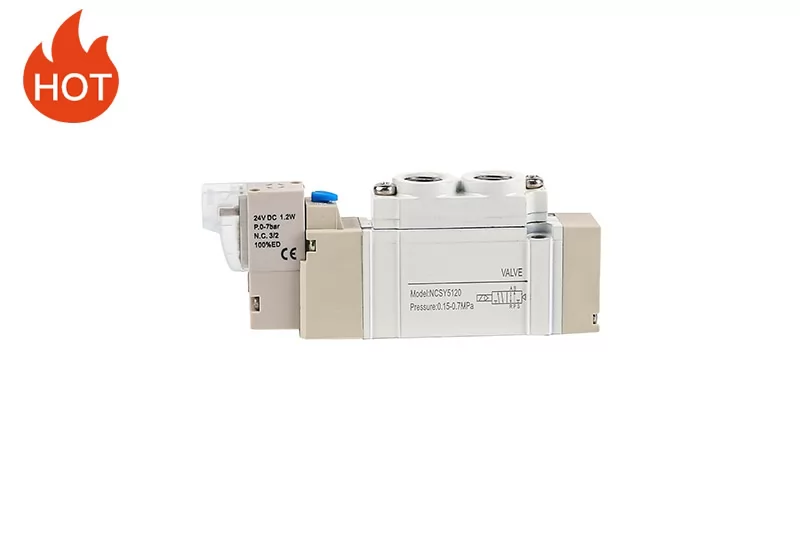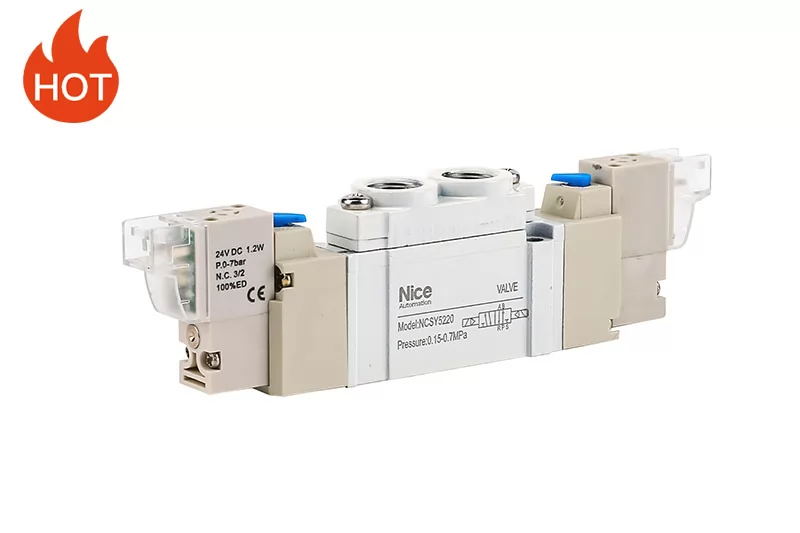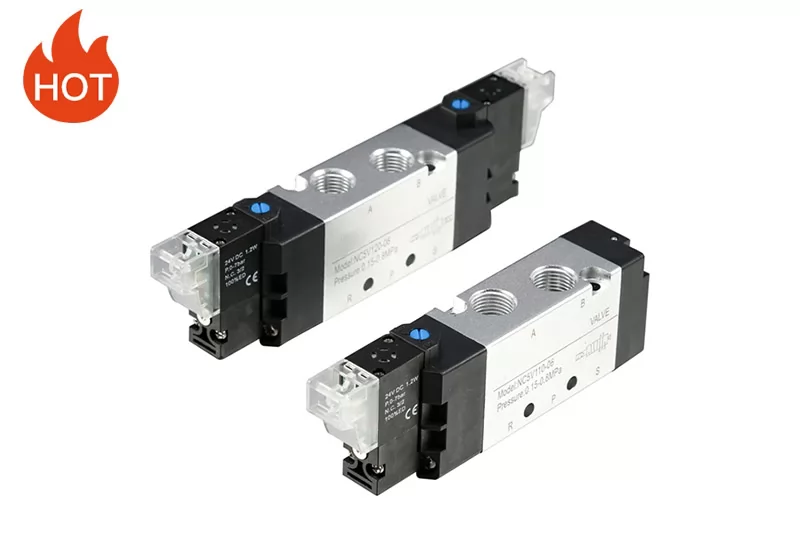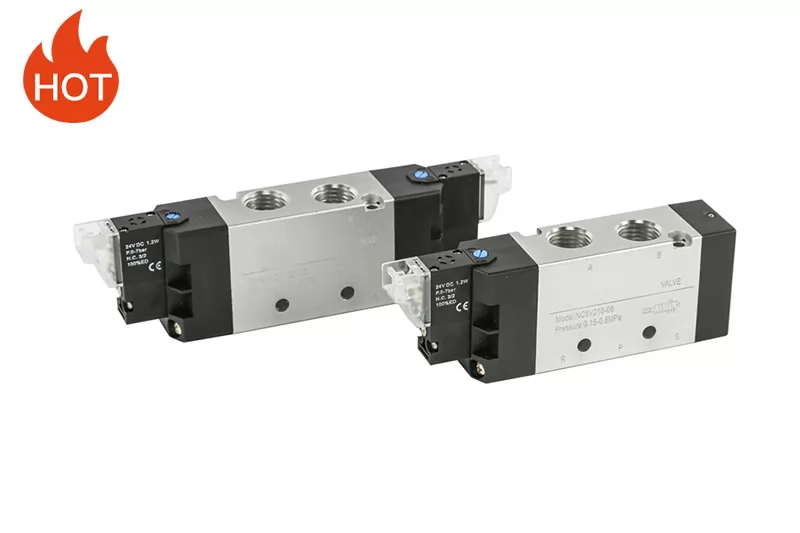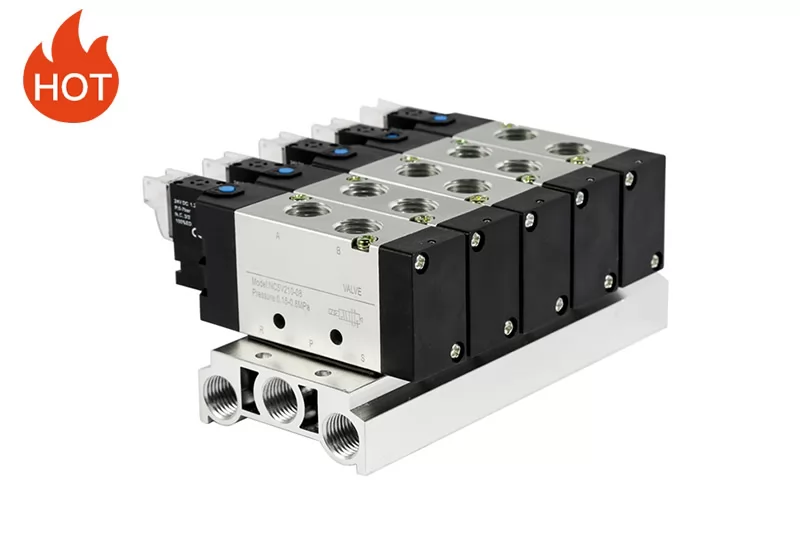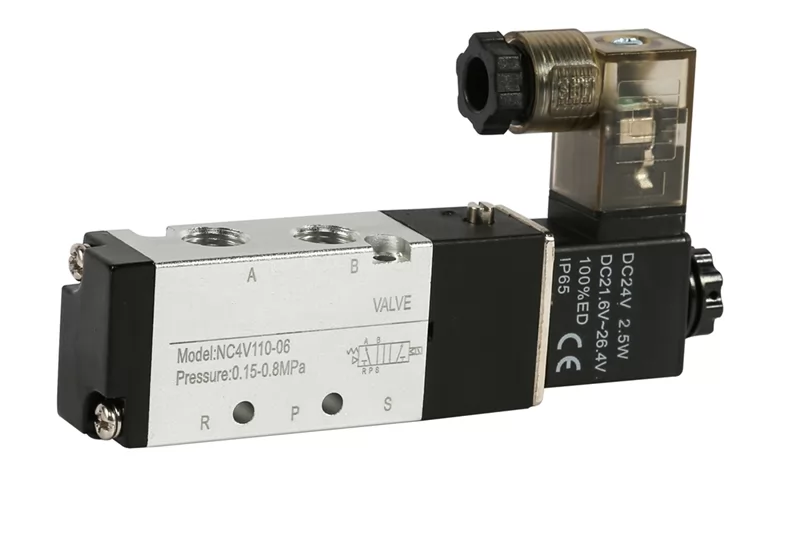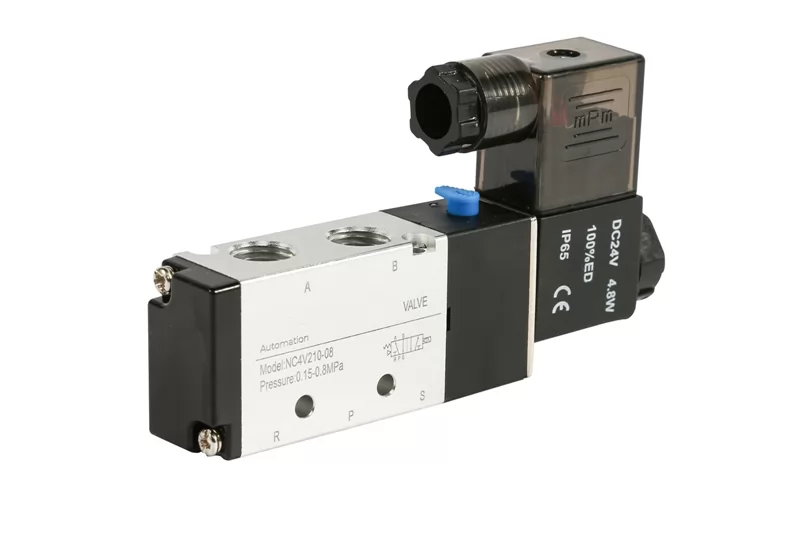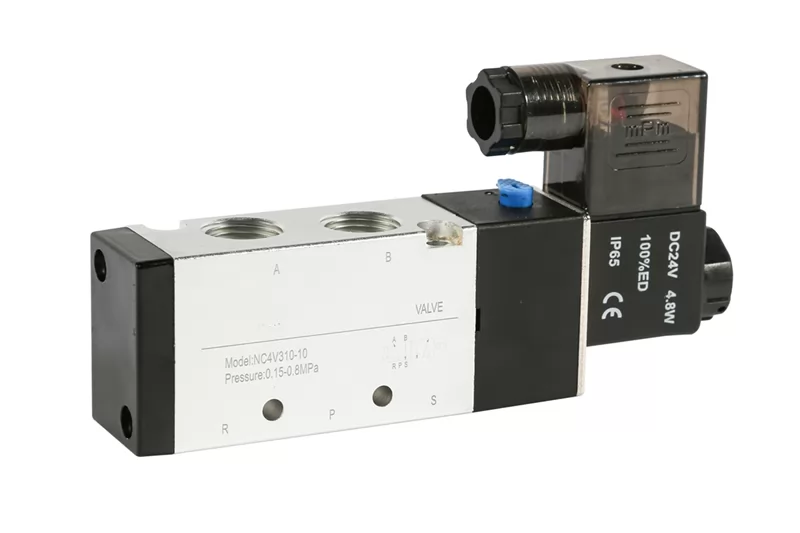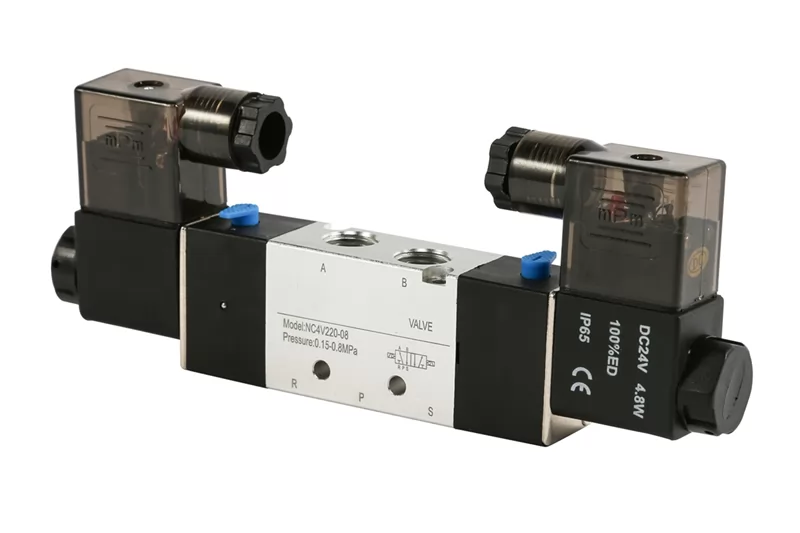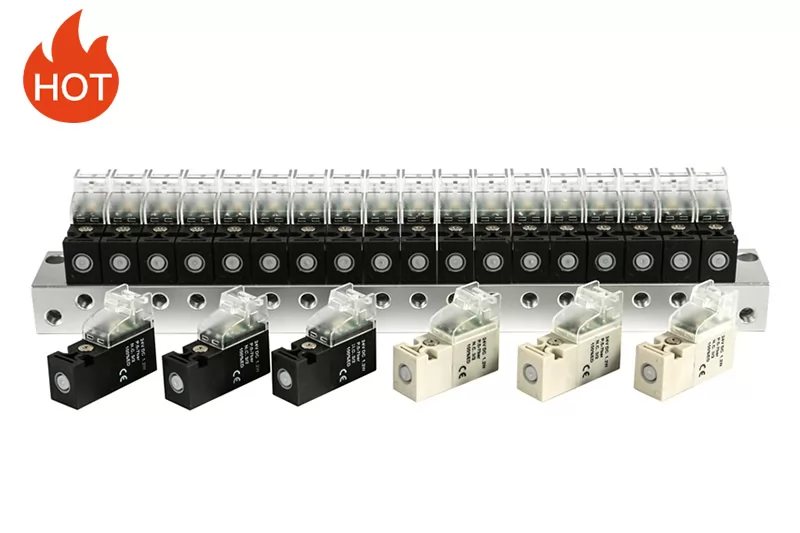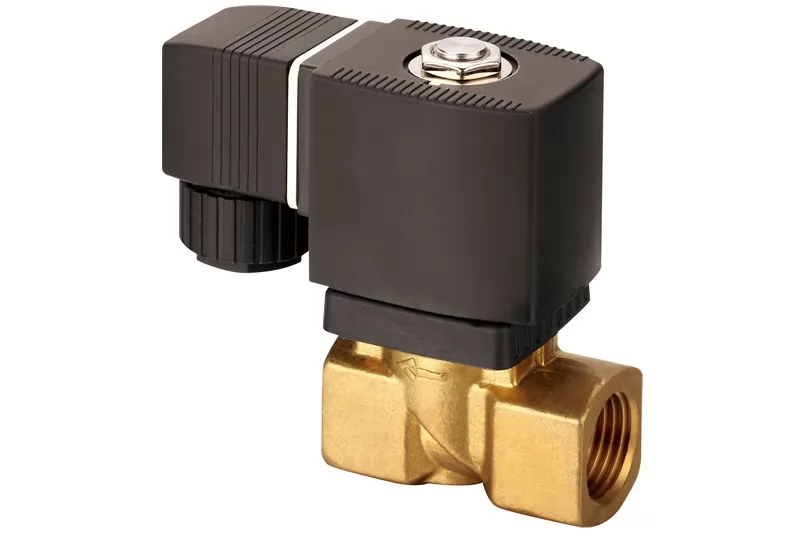pneumatic valve Manufacturer
Ready to streamline your fluid control procurement? Contact PFC today—your trusted pneumatic valve Manufacturer—for personalized guidance, transparent price quotes, and expert valve selection that aligns exactly with your specific operational demands and budgetary constraints! Discover how our tailored solutions can significantly elevate your process efficiency and reduce long-term maintenance costs.
Assess Your Application Needs with Your pneumatic valve Manufacturer
Before requesting quotes, provide your pneumatic valve Manufacturer with precise application parameters. Clarify your:
Flow Requirements: Desired Cv or flow rate in LPM/GPM, including peak surges and average demands.
Pressure Range: Minimum and maximum operating pressures to ensure safety under variable loads.
Cycle Speed: Continuous versus intermittent duty, highlighting rapid cycling or dwell periods.
Temperature Limits: From –40 °C to 200 °C (or beyond), accounting for ambient and process-specific heat.
Media Compatibility: Water, oil, acids, gases, and potential particulates or moisture content.
By outlining these details, PFC’s integrated R&D, production, and quality control teams can recommend valves with low power consumption, precise control, and durability tailored to your process—minimizing lead time, reducing retrofit risks, and guaranteeing a robust first‑time‑fit solution for complex systems.
Flow &Pressure Specifications
Match valve Cv and maximum inlet pressure to your system to avoid energy waste or bottlenecks. PFC valves offer Cv values from 0.1–10 and pressures up to 10 bar (145 psi), each validated with factory test reports to ensure ±3% accuracy and consistent performance across the entire operating range. Proper sizing prevents over‑actuation and reduces air or electrical consumption.
Material &Seal Selection
Choose body materials like 304 or 316 stainless steel and seal compounds (PTFE, EPDM, Viton) based on media chemistry and temperature. Evaluate potential chemical interactions and thermal expansion to avoid premature wear or seal failure, ensuring your pneumatic valve Manufacturer provides a long‑lasting, low‑maintenance valve solution suitable for harsh or sanitary environments.
Compare Valve Types with Your pneumatic valve Manufacturer
Selecting the right valve style impacts performance and total cost. Compare:
Pilot-Operated vs. Direct‑Acting: Pilot‑operated valves save 20–30% energy but have slower response;direct‑acting offer <50 ms actuation, making them ideal for high‑speed automation and tight control loops.
2‑Way vs. 3‑Way Configurations: 2‑way valves provide simple on/off control, while 3‑way models enable diverting, mixing, and fill/drain functions crucial for batch and continuous processes.
Specialty Valves: Sanitary, high‑temperature, or low‑leakage designs for niche applications like food processing, cryogenics, or high‑purity gas handling—each commanding a premium but necessary where standard designs fail.
This comparative approach ensures your pneumatic valve Manufacturer can match price expectations with the optimal valve for your application, balancing upfront cost against performance benefits and lifecycle value.
Pilot-Operated vs. Direct‑Acting
Point-by-point Discussion –Pilot vs. Direct:
Energy Savings: Pilot‑operated uses 20–30% less air or power.
Response Time: Direct‑acting <50 ms;pilot‑operated ~100 ms.
Pressure Suitability: Pilot‑operated excels above 6 bar;direct‑acting best under 6 bar.
Cost Impact: Direct‑acting simpler, lower initial price, while pilot‑operated reduces long‑term operating expenses.
2‑Way vs. 3‑Way Valves
2‑way valves isolate or shut off flow, whereas 3‑way valves enable process rerouting, mixing, or diverting—key for filling, bypass loops, and blending tasks where precise media handling is essential.
Evaluate Manufacturer Capabilities of a pneumatic valve Manufacturer
Choose a supplier with end‑to‑end integration:
| Capability | PFC Advantage |
|---|---|
| R&D &Prototyping | CFD-driven design;5–7 day sample turnaround;iterative improvements |
| Production | Automated CNC machining with ±0.01 mm tolerances;lean workflows |
| Quality Control | ISO 9001 certification;100% static leak &dynamic cycle testing |
| Certifications | CE, UL, RoHS;third‑party audits for seamless global compliance |
Rapid Prototyping
PFC’s rapid prototyping service delivers custom valve samples in 5–7 days, enabling real‑world performance validation and fine‑tuning of design attributes before full production commits.
Quality Assurance Processes
Point-by-point Discussion –Quality Control:
Batch Traceability: Unique codes link each valve to raw-material and test data.
100% Testing: All valves undergo static leak and dynamic cycle tests.
External Audits: CE, UL, and RoHS compliance verified by third parties.
Continuous Improvement: Field feedback drives ongoing design refinements.
Budget Smartly with Your pneumatic valve Manufacturer
Plan costs with a detailed, itemized quote covering:
Unit Price Breakdown: Base valve, actuator options, and setup fees for custom sizes or exotic materials.
Volume Discounts: 5% off at 50+ units;10% off at 200+ units—maximizing savings on bulk orders.
Warranty &Calibration: 18-month warranty;one free factory calibration per valve;optional extended support.
Total Cost of Ownership: Factor in energy savings from low power consumption, maintenance intervals tied to 100,000+ cycle MTBF, and minimized downtime costs.
This focus on TCO ensures a rapid ROI—often within 12–18 months—while transparent pricing from your pneumatic valve Manufacturer eliminates hidden fees and aligns procurement with long-term efficiency objectives.
| Order Quantity | Unit Price (USD) | Discount |
|---|---|---|
| 1–49 | 120 | – |
| 50–199 | 114 | 5% |
| 200+ | 108 | 10% |
TCO Considerations
Energy Costs: Efficient actuators save 10–30% annual electricity per valve.
Maintenance: High MTBF (>100,000 cycles) cuts service frequency and parts replacement.
Downtime: Reliable valves reduce unexpected stoppages and emergency repairs.
Payback Period: Efficiency gains generally offset initial investment within 12–18 months.
Conclusion
This comprehensive buying guide empowers you to partner with the right pneumatic valve Manufacturer—one that aligns valve types to your needs, demonstrates robust manufacturing and quality capabilities, and offers transparent cost structures. PFC’s integrated R&D, precise production, and all-inclusive support guarantee durable, energy-efficient, and cost-effective fluid control solutions tailored to your unique application, driving both performance improvements and financial savings over the valve’s entire lifecycle.
FAQ
What specs should I prepare?
Flow rate (Cv), pressure range, cycle speed, media chemistry, and temperature limits, including any environmental factors.How fast are prototypes?
PFC delivers custom valve prototypes within 5–7 days for swift performance trials.What volume discounts apply?
5% off orders of 50–199 units;10% off orders of 200+ units.What warranty does PFC offer?
18 months from installation, covering all mechanical components and one calibration service per valve.Can I get a Total Cost of Ownership report?
Yes—PFC provides tailored TCO analyses incorporating energy, maintenance, and downtime metrics upon request.
More Related Articles:


